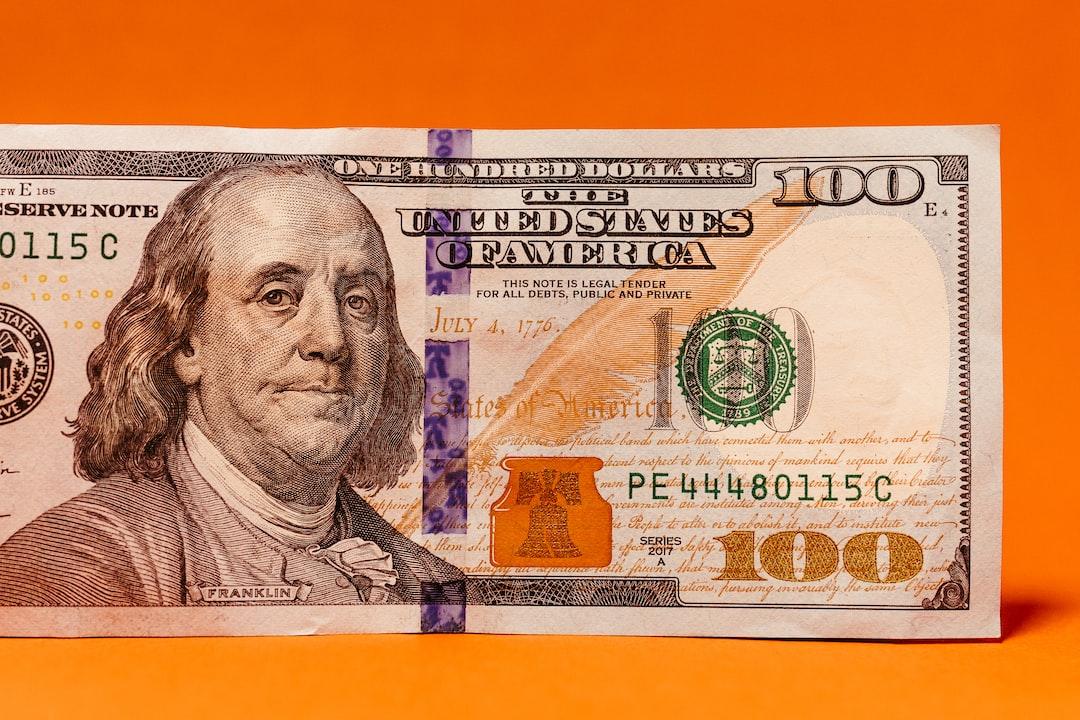Virtual Asset Services and Third-Party Payment Strengthen Regulation
Taiwan is gradually enhancing its regulation of virtual currencies to address the increasing number of virtual asset transactions and related risks of crime.
On the evening of July 16, 2024, at 8 p.m., the Taiwan Legislative Yuan passed a third reading of the Anti-Money Laundering Act amendment, bringing virtual asset service providers and third-party payment services under regulatory oversight.
In the future, businesses or individuals providing virtual asset services or third-party payment services must complete anti-money laundering measures and service registration or face severe criminal and administrative penalties.
According to the amended articles, relevant businesses that fail to complete anti-money laundering measures and service registration, or continue to provide related services despite having their anti-money laundering registration or service registration invalidated or expired, will face imprisonment of up to 2 years or fines of up to NT$5 million.
Additionally, overseas businesses that fail to register their establishment as a company or branch under company law, and complete anti-money laundering measures and service registration, are prohibited from providing related services within Taiwan.
For example, popular overseas exchanges such as Binance and OKEx have previously announced plans to establish a presence in Taiwan, but they have not completed the regulatory registration with the Financial Supervisory Commission. Once the amended law is officially enforced, they will need to complete the registration or cease operations, with violators facing up to 2 years of closure.
However, whether the Taiwanese government can actually penalize overseas businesses remains a question.
Furthermore, engaging in identity theft or using false identities to apply for account openings with financial institutions, virtual asset service providers, or third-party payment services, or acquiring and using others’ accounts through improper means, will result in imprisonment of 6 months to 5 years and fines of up to NT$50 million.
What do lawyers think?
In the past, Taiwan’s regulation of the cryptocurrency industry was primarily declarative, with violations resulting in administrative penalties. Following the passage of the Anti-Money Laundering Act amendment, failure to complete anti-money laundering registration will now incur criminal liability.
Lin Shang-lun, a senior lawyer at the Hengye Law Firm cryptocurrency team, stated that there is a significant difference between the initiating authorities of administrative penalties and criminal investigations. With this amendment, criminal investigations will also be included, marking an important step for industry development and Taiwan’s anti-fraud initiatives.
After the third reading, compliant businesses will need to include mechanisms for “reviewing the listing and delisting of virtual assets, preventing unfair trading mechanisms, segregating customer assets from own assets, information system security, and wallet management,” potentially increasing compliance costs.
Moreover, the future plans of overseas businesses to establish operations, conduct business, or promote in Taiwan may be influenced by Taiwan’s regulatory approach.
Lin Shang-lun also pointed out that Taiwan currently imposes high compliance requirements on cryptocurrency businesses. If future judicial investigations can be enhanced, for example, by implementing better tracking systems to trace fund flows, remittance dates, or even the relative locations of wallet holders, it can increase the likelihood of detecting money laundering accounts and effectively prevent fraud risks in Taiwan.
Increased penalties for money laundering offenses
In addition, this amendment also revises the penalties for general money laundering offenses.
Legislator Huang Kuo-chang of the People’s Party pointed out that the current Anti-Money Laundering Act does not differentiate based on the amount of money laundered or the benefit derived. It uniformly imposes imprisonment of up to 7 years. To effectively deter serious money laundering offenders, the People’s Party caucus proposed amendments to the Anti-Money Laundering Act.
According to the articles passed in the third reading, individuals engaging in money laundering behaviors listed in Article 2 of the Anti-Money Laundering Act will face imprisonment of 3 to 10 years and fines of up to NT$100 million.
Article 2 of the Anti-Money Laundering Act:
1. Intending to disguise or conceal the source of specific criminal proceeds, or to help others evade criminal prosecution, by transferring or changing specific criminal proceeds.
2. Those who conceal or hide the true nature, source, destination, location, ownership, disposal rights, or other interests of specific criminal proceeds.
3. Receiving, holding, or using another person’s specific criminal proceeds.
Individuals laundering funds or property worth less than NT$100 million will face imprisonment of 6 months to 5 years and fines of up to NT$50 million. Even attempted offenses will be punishable.

